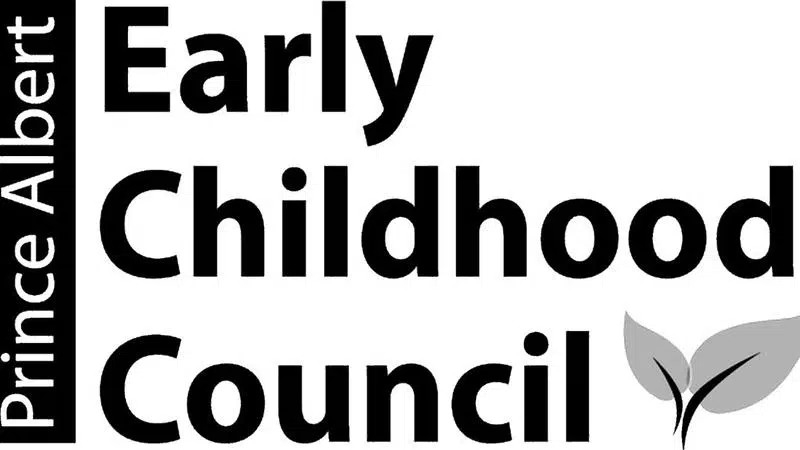
The Importance of Fathers in Healthy Child Development
A caring community and a healthy start for all children
Noted sociologist Dr. David Popenoe states “Fathers are far more than just “second adults” in the home. Involved fathers bring positive benefits to their children that no other person is as likely to bring” A generation or so ago, the role of fathers was more narrowly defined. Dad “brought home the bacon” as the family’s main provider. But times have changed and fathers, for the most part, are more involved in raising their children – even their very young children. So, from time to time, especially around Father’s Day, it is useful to remind ourselves that fathers do play an important role in the development of their children, and that actually, the lack of a Father role in the home can have lifelong effects.
One consistent finding in the research that has been done into Fathering and its effects on children, is that fathers are not mothers! They bring their own mode of interacting with, caring for, playing with, disciplining, and talking to their children. In play, men tend to be more physical as playmates than are women and often structure play and interaction with children around a task, game or project. The effects of father/child play have been shown to have long-range implications for cognitive and social development, problem solving skills, turn taking and encouragement to explore a bigger environment.


